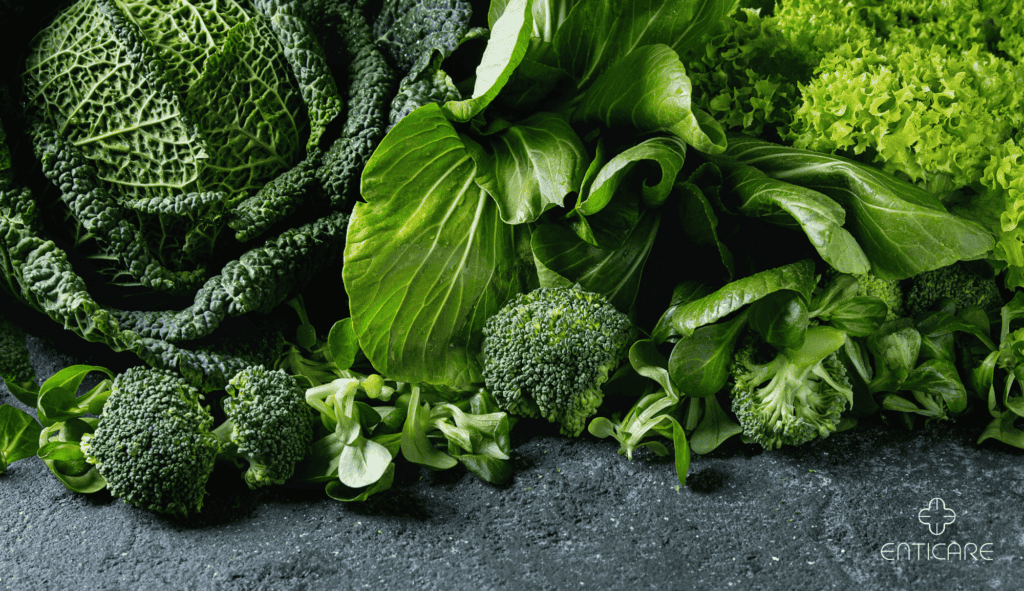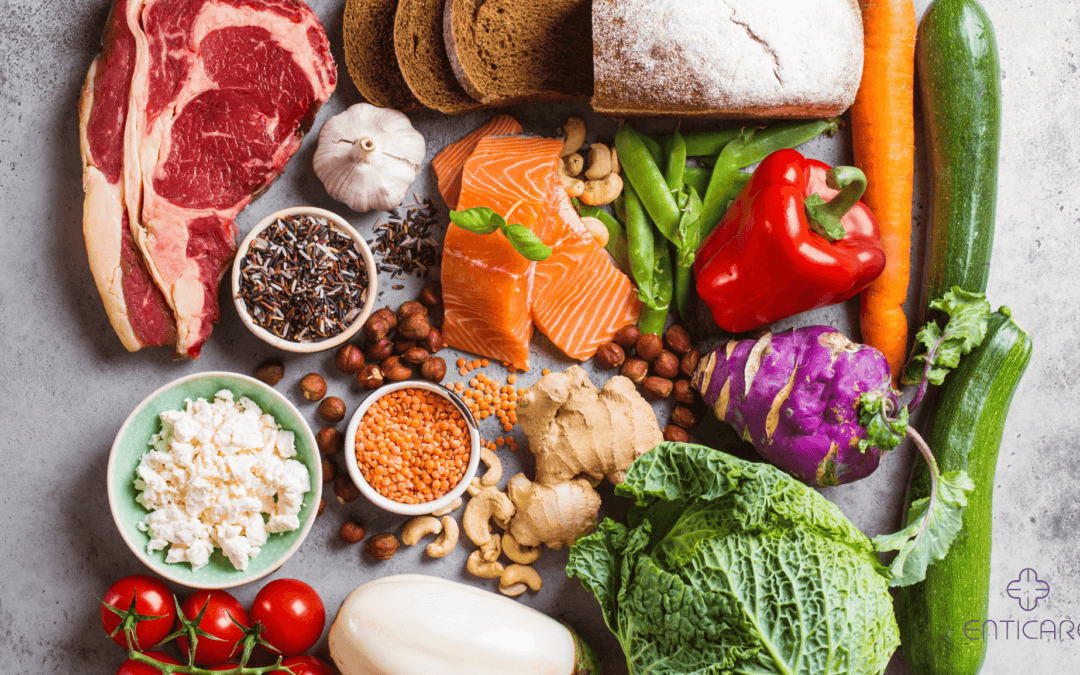Sleep apnea, a common sleep disorder, affects millions of people worldwide, leading to disrupted sleep, daytime fatigue, and increased health risks like heart disease and diabetes. While medical interventions like CPAP machines or surgery offer solutions, the role of diet often goes unnoticed. The right diet can significantly improve your symptoms, while the wrong foods can make them worse. If you’re looking to manage your sleep apnea naturally, this article will help you identify five foods to avoid and five to enjoy to support better sleep and overall health.

5 Foods to Avoid for Better Sleep Apnea Management
While diet won’t cure sleep apnea, eliminating certain foods can dramatically reduce your symptoms. These foods either contribute to weight gain, increase inflammation, or directly make sleep apnea worse by exacerbating airway blockages.
Dairy Products
Dairy, especially whole milk, and high-fat varieties can thicken mucus, which blocks your airway and makes breathing during sleep more difficult. Opting for lactose-free alternatives or plant-based milk, such as almond or oat milk, can minimize mucus production and help open up your airway at night, thereby reducing sleep apnea risk.
Refined Sugars
Foods high in refined sugars like candies, pastries, and sugary beverages are part of eating habits that raise inflammation and promote weight gain. Both weight gain and inflammation can worsen sleep apnea. Sugar also disrupts your blood sugar levels, contributing to restless nights and more frequent apneic episodes.
Processed Foods
Highly processed foods, such as fast food, frozen dinners, and packaged snacks, are high in sodium and saturated fats. These foods contribute to fluid retention, which can cause swelling in your airway, exacerbating sleep apnea, a common sleep disorder that makes it harder to breathe during sleep.
Fried Foods
Fried foods increase cholesterol levels, contributing to inflammation in your body. A high intake of fried food also promotes obesity, which remains one of the leading causes of obstructive sleep apnea (OSA). Replace fried foods with baked or steamed alternatives to reduce airway blockages.
Alcohol
Alcohol consumption, especially before bedtime, relaxes your throat muscles, which can cause them to collapse and obstruct your airway. Avoiding alcohol several hours before sleep reduces the likelihood of airway collapse and improves the quality of your sleep.
Inflammatory Foods
Inflammatory foods can exacerbate sleep apnea symptoms by increasing inflammation in the body, making it harder to breathe and increasing the risk of sleep apnea episodes. These foods can trigger or worsen inflammation in the airways, leading to more severe sleep apnea symptoms.
Acid Reflux Triggers
Acid reflux can trigger or worsen sleep apnea symptoms by causing discomfort and disrupting sleep. Certain foods are known to trigger acid reflux, making it essential to avoid them if you suffer from sleep apnea.

5 Foods to Enjoy for Optimal Sleep Apnea Relief
Just as avoiding certain foods can reduce your symptoms, adding specific foods can help you breathe easier and sleep better. These foods fight inflammation, support weight management, and relax the muscles involved in breathing.
Studies have shown that the Mediterranean diet—characterized by an emphasis on fresh produce, seafood, and healthy fats—may lead to reduced severity of sleep apnea symptoms and lower inflammation levels, potentially improving overall health outcomes for affected individuals. This diet can also help you achieve a good night’s sleep by promoting better sleep quality and reducing factors that negatively impact sleep.
Leafy Greens
Spinach, kale, and other leafy greens are rich in antioxidants, vitamins, and minerals that help reduce inflammation. A diet high in these vegetables can support weight loss and improve oxygen flow during sleep, as inflammation plays a key role in airway constriction. Incorporating leafy greens into your diet can also enhance your ability to achieve a good night’s sleep by improving overall sleep quality and reducing symptoms of sleep apnea.
Fatty Fish Rich in Omega 3 Fatty Acids
Fatty fish like salmon, mackerel, and sardines contain high levels of omega-3 fatty acids. These healthy fats reduce inflammation and promote heart health, which helps reduce sleep apnea symptoms. Omega-3s also support weight management, another key factor in managing sleep apnea effectively .
Nuts & Seeds
Nuts and seeds, including almonds, walnuts, chia seeds, and flaxseeds, are excellent sources of magnesium and healthy fats. Magnesium relaxes the muscles in your airway, improving your ability to breathe through the night. Nuts and seeds also contain fiber, which can aid weight management by keeping you full longer.
Fruits High in Vitamin C
Citrus fruits, berries, and kiwis contain high amounts of vitamin C, which can reduce inflammation and improve respiratory health. Vitamin C also helps boost your immune system, making it easier to fight off infections that might otherwise cause swelling in your airway.
Herbal Teas
Herbal teas, such as chamomile or peppermint, relax your muscles and reduce inflammation in your airways. These teas are caffeine-free, so they won’t disrupt your sleep cycles. Peppermint tea, in particular, helps reduce airway congestion, promoting better airflow while you sleep.
Tryptophan-Rich Foods
Tryptophan is an amino acid that helps produce serotonin, a neurotransmitter that regulates sleep. Foods rich in tryptophan can help promote good sleep and alleviate sleep apnea symptoms.

Take Control of Your Sleep Apnea and Alleviate Sleep Apnea Symptoms with the Right Diet
Managing sleep apnea requires a multi-faceted approach, and your diet is a critical part of the puzzle. By avoiding foods that trigger inflammation, weight gain, and mucus production and embracing nutrient-rich, anti-inflammatory foods, you can reduce your sleep apnea symptoms and improve your quality of life.
If you’re struggling with sleep apnea and want personalized advice on how to manage it, schedule a consultation with a specialist today. Click here to make an appointment and take the first step toward better sleep.

